Elhadji Koumama Tuareg Jewelry
Intricate, Gleaming Tuareg Traditions
For many generations going back hundreds of years, the Koumamas, a family of nomadic Tuareg silversmiths, traveled the Sahara selling their fine silver goods. In the 1970s, however, droughts caused the family to settle in Agadez, Niger, where master jeweler Elhadji Koumama was born. Elhadji continues the family’s long artistic tradition with his elegant, highly refined range of silver adornments.
Elhadji is a consummate artist and businessman with an eye for design. During his travels to America, he studied trends and fashions of stateside consumers, then returned home after each trip inspired by what he saw. Elhadji brought new ideas to his extended network of silversmiths who work under the name Koumama Family Collective. Through this process, their designs have evolved. Older, more traditional Tuareg jewelry is angular, but curvilinear designs are now common. Perhaps most notable is the Tuareg “Cross”, there are 21 Tuareg Crosses which indicate a specific location, village, or region. The word "cross" is a term attributed by Europeans and is totally unrelated to the Tuareg language or to a Christian cross. Elhadji and the craftspeople he works with use ninety-nine percent pure fine silver, which is softer than sterling, to engrave complex designs. Ebony and semi-precious stones are often incorporated to add color to bracelets, necklaces, and earrings.
In addition to the Koumama Family Collective’s jewelry, Elhadji will be bringing a selection of colorful leather purses and ornaments, created by women from a local collective. The leather they use is tanned and dyed with the reds, yellows, and greens preferred by the Tuareg, and each piece is further embellished with traditional intricate designs.
Through his work, Elhadji has been very successful in helping his community. What started as a small family business now keeps over 200 people in food and shelter. All of the artisans’ young children attend school, and older children are able to afford college. Elhadji dug a well in the desert with money he made in 2102. In 2013 he helped turn a local school, that was once a goat-skin lean-to, into a permanent building with desks and chalkboards. Additionally, he supports six orphan kids, five of whom are learning jewelry polishing and beading to continue the family trade.










